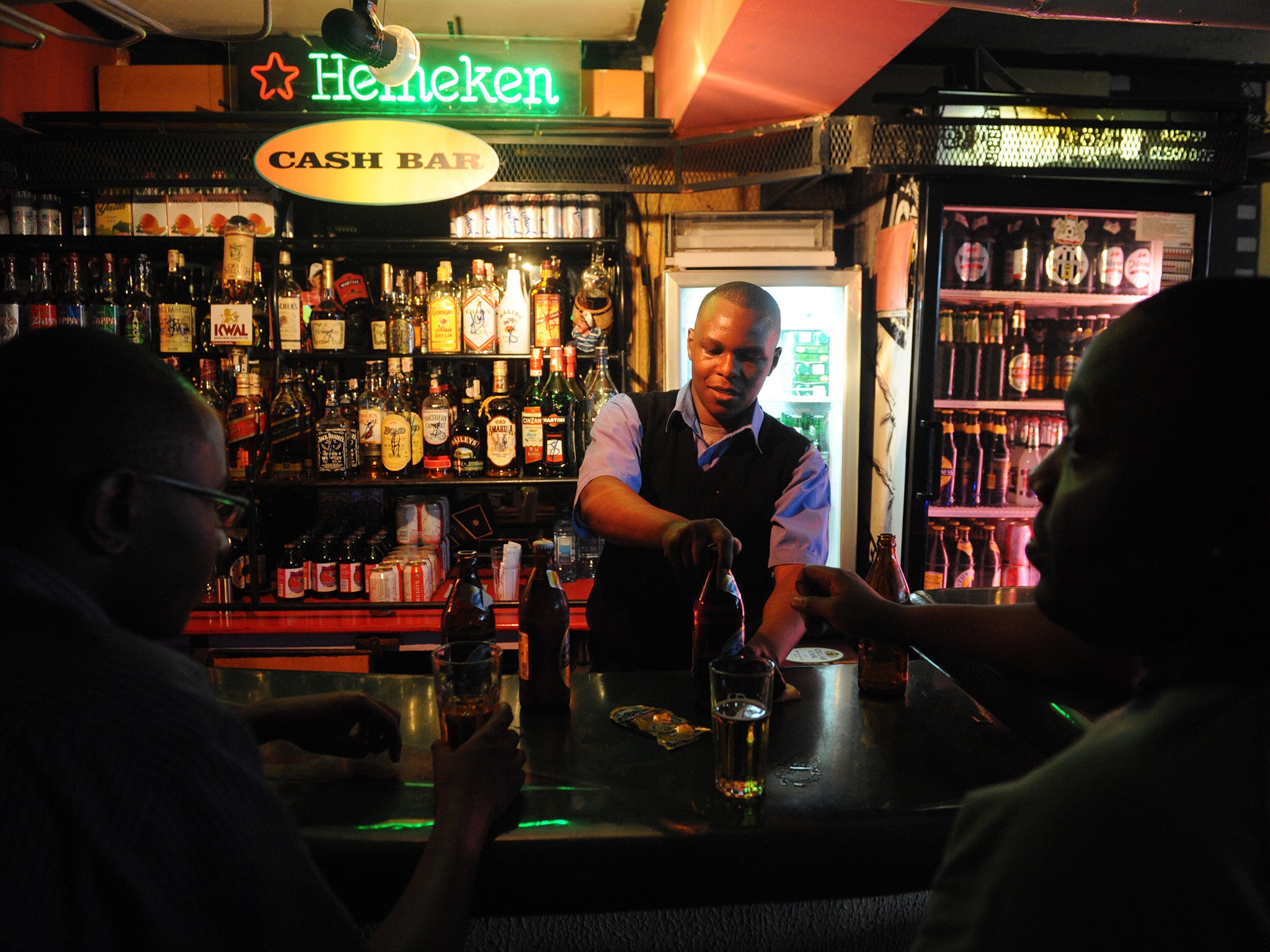AB InBev and SABMiller beer manufacturer merger poses 'major threat to global health'
Experts warn of 'disturbing' implications for epidemic of alcohol related harm in the developing world, particularly Africa

The merger of the world’s two largest beer manufacturers poses “a major threat to global health”, especially in Africa, experts have warned.
London based SABMiller and Belgium based AB InBev, makers of drinks such as Stella Artois, Budweiser and Grolsch, agreed in principle to merge last month in the third largest corporate deal ever. The £70bn agreement will see the new company produce almost one third of the world’s beer.
AB InBev CEO Carlos Brito said the deal was “about creating the first truly global beer company and bringing more choices to beer drinkers in markets outside of the US”.
Africa's alcohol problem?
“Africa has a drinking problem,” declared Time magazine in 2013 in a rather sweeping statement that failed to acknowledge the different drinking habits across the continent’s 55 countries.
Religious beliefs play a huge part in attitudes to drink with obvious contrasts between Christian and Muslim majority countries.
The most recent WHO global status report on alcohol and health last year showed that although in South Africa the estimated costs of harmful use of alcohol to the economy reached nearly 300 billion rand, or 10–12 per cent of the 2009 gross domestic product, there are far fewer social costs from alcohol elsewhere in Africa. Consumption was “significantly decreasing” in many countries, a five-year trend showed.
Health experts said the merger is driven by prospects for expansion in developing countries, with a particular emphasis on Africa as “a critical driver of growth for the combined company.”
They warned of “disturbing” implications for the growing epidemic of alcohol related harm across low and middle income countries.
Jeff Collin, Professor of Global Heath Policy, and colleagues at the University of Edinburgh said the new firm’s market growth is predicated on “exploiting Africa’s low per capita consumption of beer,” targeting low income consumers to drive increased sales.
They write in a BMJ article that the proposed expansion “echoes that of transnational tobacco companies, with which the alcohol industry shares strategic similarities and has close corporate links as well as comparable health effects”.
The authors said that the global alcohol industry is able to capitalise on fewer regulations as opposed to the tobacco industry, where transnational tobacco companies are subject to stricter controls.
They said: “Public health must therefore do more to ensure that conflict of interest with alcohol companies is recognised and addressed. Acknowledging such conflicts in the terms for the World Health Organisation’s interactions with non-state actors, and protecting against them on the same basis as for tobacco, would be an appropriate starting point.”
A spokesman for SABMiller said: “We estimate that up to two-thirds of all alcohol consumed in Africa is informal, which includes everything from un-taxed and un-regulated home brew beer to doctored spirits made with methylated spirits, or worse.
“The backbone of SABMiller’s growth strategy in Africa is to ensure the affordability of our beers so that local, low income consumers move from drinking poor quality, and potentially lethal, alcohol to enjoying our high quality beers made with local ingredients.”
Subscribe to Independent Premium to bookmark this article
Want to bookmark your favourite articles and stories to read or reference later? Start your Independent Premium subscription today.

Join our commenting forum
Join thought-provoking conversations, follow other Independent readers and see their replies